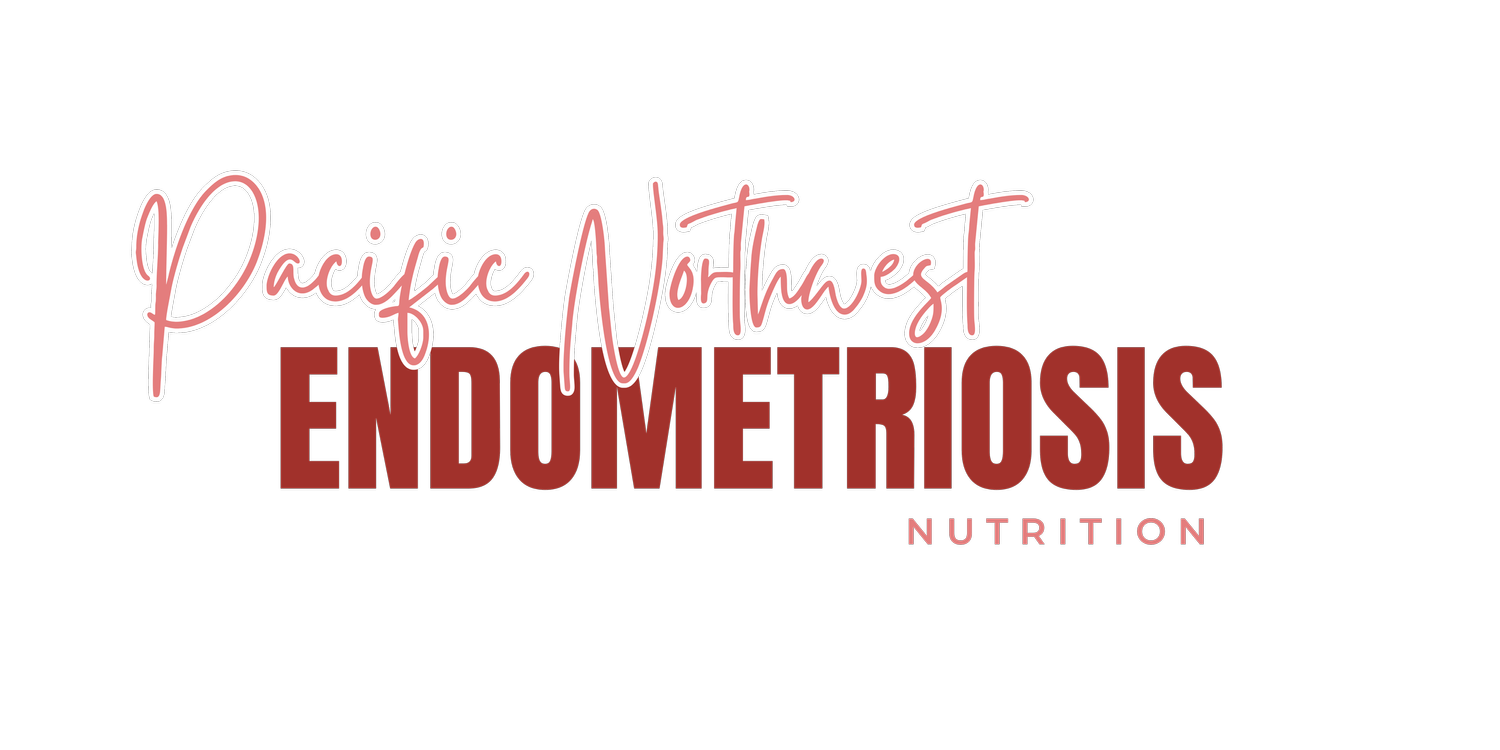Embracing Joyful Eating without Guilt
Do you find yourself stressed about an upcoming holiday or party throwing off your “good” eating? Do you ever fixate on how you should eat and exercise before and after to “make up” for what you ate while celebrating? How often do you leave a gathering feeling guilty, disappointed, or out of control?
Feeling guilty about joyful eating is an experience that many people who struggle with diet culture face. It’s important to recognize that feeling guilty about enjoying food is not only unproductive, it also negatively impacts our mental and emotional well-being. Diet culture wants us to believe that food has moral value and that eating foods that have been designated as “bad” or “unhealthy” means that we should compensate by restricting.
Let’s explore practical strategies for approaching parties as an intuitive eater, embracing joyful eating experiences, and fostering a positive relationship with food and yourself.
Prepare Physically and Mentally
Two common restriction strategies are taught through diet culture:
Don’t eat all day to save up calories for the event.
This is problematic for several reasons. First, ignoring your hunger cues early in the day is going to make it difficult to tune in to your fullness cues at the event. This often leads to bingeing, eating foods you don’t like or that don’t make you feel well, and eventually, regret. Second, skipping meals results in low blood sugar, which can leave you tired, cranky, and shaky. Who wants to start a social gathering not feeling their best? Finally, by skipping meals, you miss out on opportunities to fuel your body with the nutrients that it needs.
2. Eat right before the event so you aren’t hungry/tempted by joyful foods.
With this strategy, you might avoid some of the problems listed above. However, if you were on your deathbed and looked back at your life, how would you feel about the time wasted trying to avoid eating joyful foods while gathering with family and friends? Additionally, if you go to the party feeling full and decide you do want to eat after all, you are most likely going to be uncomfortably full.
Instead of restricting yourself or filling up before, try to plan some meal times that will allow you to feel comfortably hungry when you arrive at the party. By comfortably hungry, I mean you are at a point where you are thinking about food or looking forward to eating, but you aren’t shaky, searching the room for anything available, or to a point where you will eat absolutely anything available.
For example, if you are going to brunch with friends and are used to eating an earlier breakfast, try having a light breakfast or snack before you go. If you are going to a late afternoon meal, maybe you have a larger breakfast or make sure you have a filling snack mid-late morning to hold you over until it is time to eat.
Before heading to the party, take a moment to reaffirm your commitment to allowing yourself to eat joyful foods without guilt. Remind yourself that it's okay to enjoy the foods you love without remorse or restriction. Trust in your body to guide you towards foods that nourish and satisfy you. It’s okay to say no to foods that you don’t like or leave you feeling unwell. It’s also okay to add nourishing foods such as vegetables and fruits alongside foods that are delicious and have great textures.
Consider your Options
When you are ready to eat, take a moment to survey the food options available. Instead of digging in without thought, take a mental note of what looks appetizing to you and what you genuinely want to enjoy. You have the freedom to choose foods that are satisfying and pleasurable. If you don’t like certain food items or you feel uncomfortable after you eat them, don’t add them to your plate.
Savor Every Bite
Embrace the joy of the food by fully engaging your senses. Pay attention to the flavors, textures, and smells of the foods you're eating. Try to eat slowly by taking the time to chew each bite. Sometimes it helps to put your fork down between bites. Doing this can help you get more in tune with the experience and prevent overeating.
Listen to Your Body
Pay attention to your hunger and fullness cues and respect them. Before going back for another appetizer or dessert, pause and check in with yourself. Are you truly hungry, or are you eating out of habit or because there is social pressure? Your body knows when it has had enough, listen and it will guide you towards eating in a way that honors your needs.
Focus on Connection
Food has an amazing way of bringing us together. Try to remember that the food is just a part of the celebration and shift your mindset toward connecting with people. Engage in meaningful conversations that are not diet or weight-related and participate in the activities.
Embracing joyful eating without guilt might require a shift in mindset and a commitment to practicing self-compassion, mindfulness, and eating to feel well. By allowing ourselves to eat all foods rather than trying to eat perfectly followed by bingeing, we can cultivate a healthier relationship with food and our bodies. Enjoying food is an important part of all cultures and a normal part of life. It is a part of the human experience to occasionally overeat and it’s okay to do it without guilt or shame. Treat your body with kindness and compassion and enjoy all of the gatherings with your loved ones. You deserve to be happy, loved, and nourished.
Do you need support in developing a healthier relationship with food and your body?
I am currently accepting new clients for 1:1 nutrition counseling. If you are struggling with breaking out of the yo-yo diet cycle, I can help you stop wasting your life on dieting and start nourishing your body to live.


